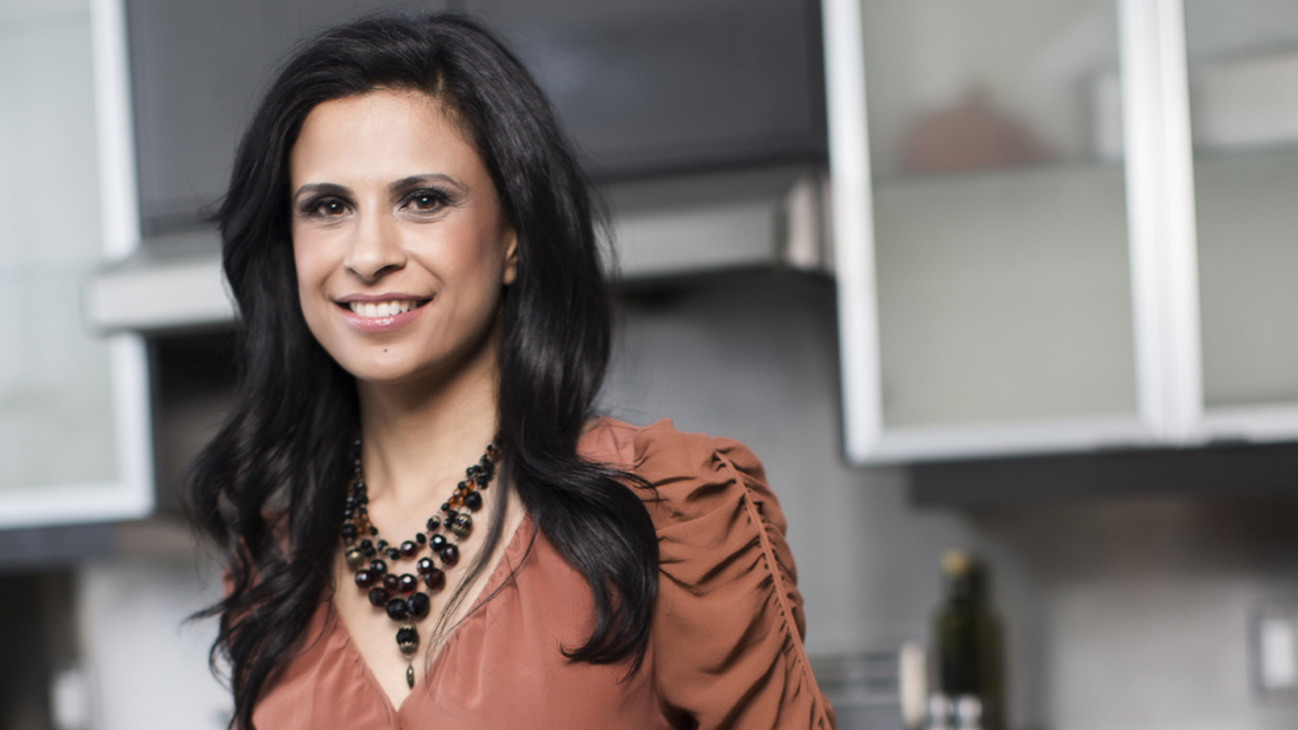The road to real leadership is rarely a straight one, and among Canada’s most successful entrepreneurs, few have traveled a route with more obstacles overcome than Zahra Al-Harazi. Sharing her no-holds-barred attitude and passion for success, Zahra discusses her unique approach to entrepreneurship and leadership, as well as her personal experience as a pioneering woman and immigrant in the business world. Zahra recently traveled to New Zealand, where the Sunday Star Times had a chance to connect with her about her success thus far:
Not many people can claim to have gone through two civil wars before becoming a successful chief executive, but Zahra Al-Harazi can.
The mother-of-three from Yemen now lives in Canada where she founded marketing and design company Foundry Communications. Al-Harazi, 43, who was in New Zealand to speak for the Entrepreneurs’ Organisation, has been listed as one of the 100 most powerful women in Canada by Women’s Executive Network.
Her first experience of war was as a child growing up in Uganda. Her family returned home to Yemen when the civil war during Idi Amin’s regime became extreme.
“We left Uganda with $7 that my dad hid in his shoes and the clothes on our back.”
She married at 17 and had three children by the time she was 25, but in the mid-1990s Yemen also collapsed into civil war, prompting Al-Harazi and her then-husband to immigrate to Canada.
“Now when I think back and, yeah, we had no running water, we had bombs dropping on our heads every day, we’d get up in the morning and the only way we’d know if everyone was okay was to phone them.
“But when you’re in the middle of a situation like that, each day is like the one before it. You kind of forget about fear and focus on life.”
She was grateful to be in Canada, but with no education or knowledge of the West, Al-Harazi grew quickly bored with being a stay-at-home mum. She discovered she was good at sales, then went to university and studied visual communication.
“Luckily I had a good command of English because I went to the international school when I was a child in Yemen and my mother’s from India. So at home we only spoke English.”
She admits life at home was a juggling act, with four children, including her young nephew. They are now at university and she takes no credit for them turning out all right.
“I’ve never had to follow up with them, they’re all honour roll students . . . They were just really easy.”
After briefly working for others, Al-Harazi started her own firm and quickly secured work from all the people she knew, plus one highly sought-after contract with a big company.
“We talked more about strategy while everybody else tries to pitch creative . . . We always come at it from a very, what’s your business plan, what’s the goals and objectives of your organisation.”
When her firm passed the million-dollar mark for revenue in its first year, she joined Entrepreneurs’ Organisation, a global peer-to-peer network for founders of businesses with revenues higher than $1.2m.
She attributes EO with much of the mentoring and support she needed as her business continued to grow.
“I’ve had so much help along the way. If I’ve ever wanted to know anything or learn anything I just need to pick up the phone. And sometimes I’ve called complete strangers who I knew were an expert in a certain area, and nobody has ever said no to me or [not] given me the time I needed.”
Now Al-Harazi is starting a new business, a personal development firm. “It’s about living a strategic life. So I’m taking all the strategies that I’ve learned in business and marketing and applying them to how you live your life.
“People think if they think strategically about their life, or build a personal brand, that they’re being calculated or being selfish and that’s not true. You have one life to live.”
Last year, Al-Harazi was recognised for services to Canada by her adopted homeland with a QE2 Diamond Jubilee Medal from Canada’s governor-general.
Her community work includes being a director of Canada’s Make-A-Wish Foundation and the global committee for EO.
“I don’t know if there was any other country that I could have done the same in, except for New Zealand. Everybody here is so Canadian, it’s weird.”

